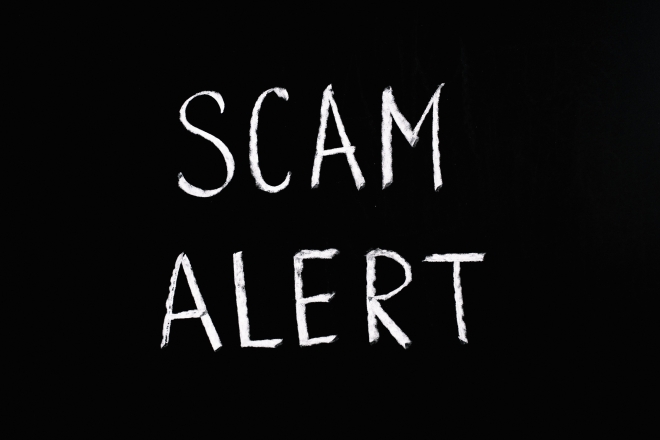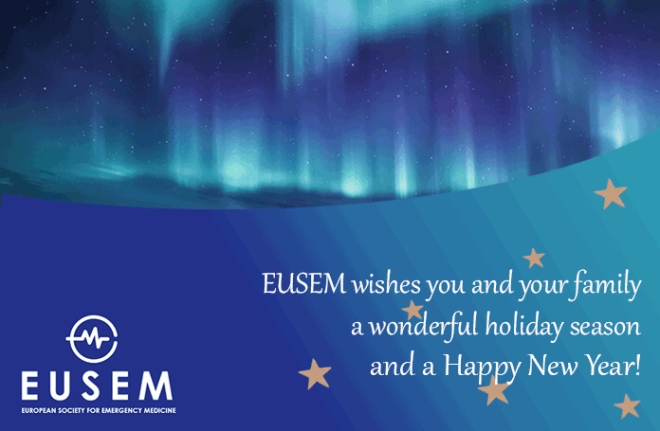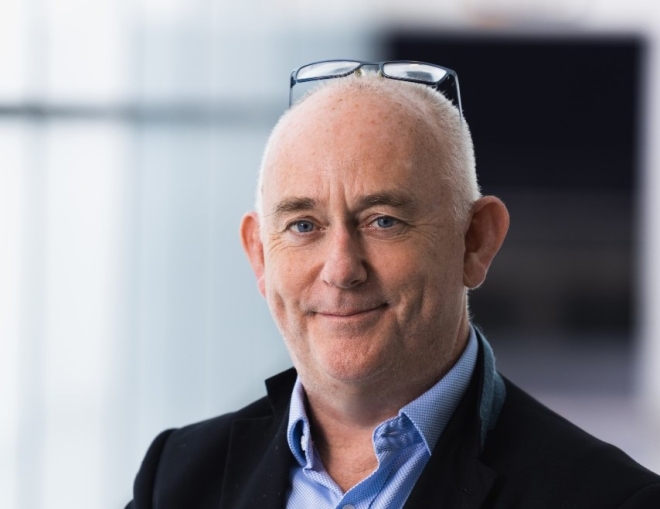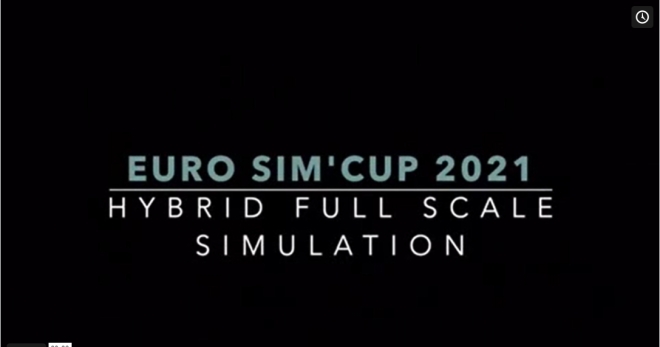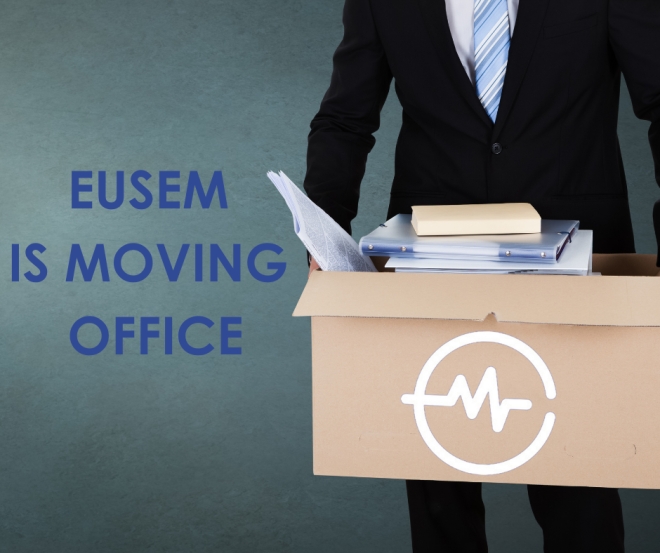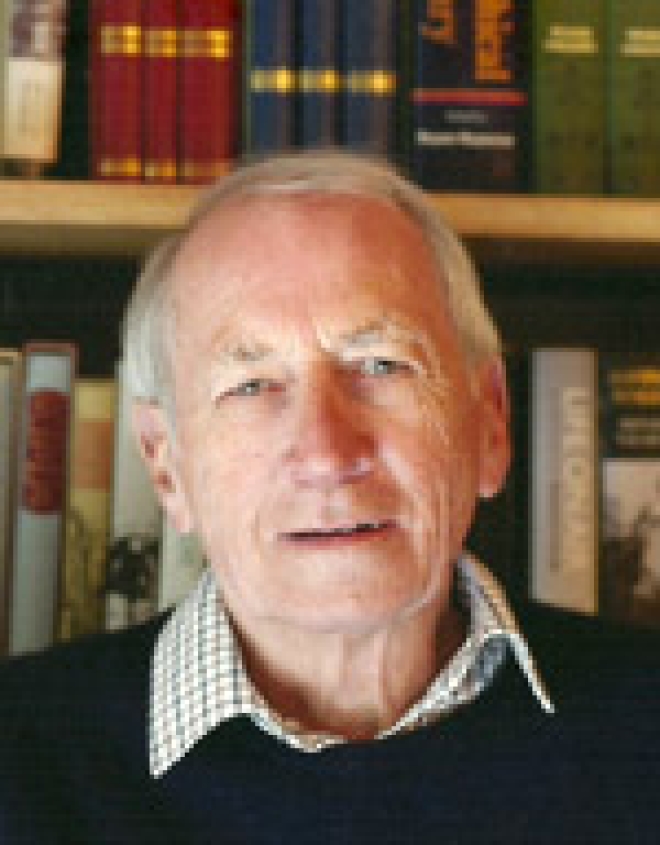There has never been a more challenging time to be in Emergency Medicine. The challenges we face are not just professional but personal and institutional. As a relatively young specialty the professionalism and dedication to providing care to all during the most difficult of times has established Emergency Medicine as not just key to providing an effective response in times of crisis but in co-ordinating Emergency Care, something that cannot fail to have gone unnoticed.
A fundamental characteristic of those who practice Emergency Medicine is their willingness to run towards what most people run away from and towards what scares them. I am truly hounored to have been chosen as President Elect for EUSEM to represent Emergency Colleagues and friends who have continued to show such dedication to patients when it was most needed.
By way of introduction to those I have not yet had the opportunity to meet I am an Emergency Medicine Physician working in the North of England in a Major Tertiary unit. I trained in Newcastle and had spells working in Lancashire and Nottingham as well as spending time after completion of my training in both Uganda and Malawi.
I have many interests but those who know me will know that Point of Care Ultrasound and its potential to fundamentally change how we practice medicine has inspired me. I also have an interest in trauma and global health. My drive for Emergency Medicine is also based on the reality that we are often the only place where those who have, for whatever reason, fallen through the cracks or been dispossessed, ”the others” , can seek help.
Outside of work I travel and am lucky enough to have been born in a city with football in its heart …….. For the sake of neutrality unless asked I won’t declare my allegiances
I have been lucky to be involved in EUSEM for almost 20 years – a society that has fostered and rekindled my love of EM and one which continues to inspire me - never more so than in Lisbon this year when we finally had the opportunity to gather face to face not just to teach and learn but to talk and share experiences from the past few years and spend some time recovering. This will doubtless help us through the challenges ahead over the next few months.
Across Europe after this we will face very similar challenges and I believe EUSEM will play a pivotal role in helping both individual and institutional recovery. I am happy to be contacted any time if anyone has proposals or projects they would wish to discuss and at events next year please come and say hello.
I wish you, your families and your departments a very Happy Christmas and look forwards to seeing you all next year
Stay Safe

